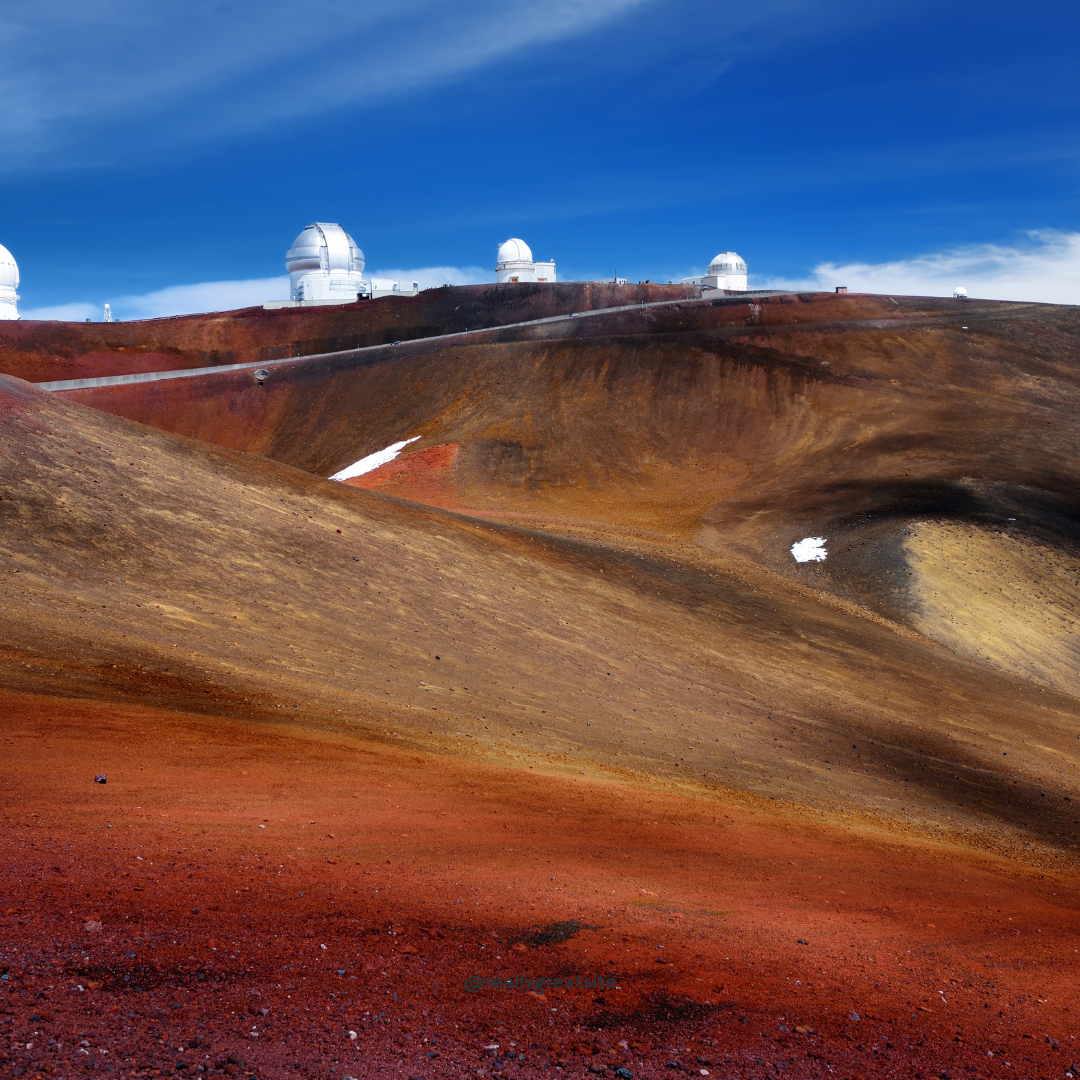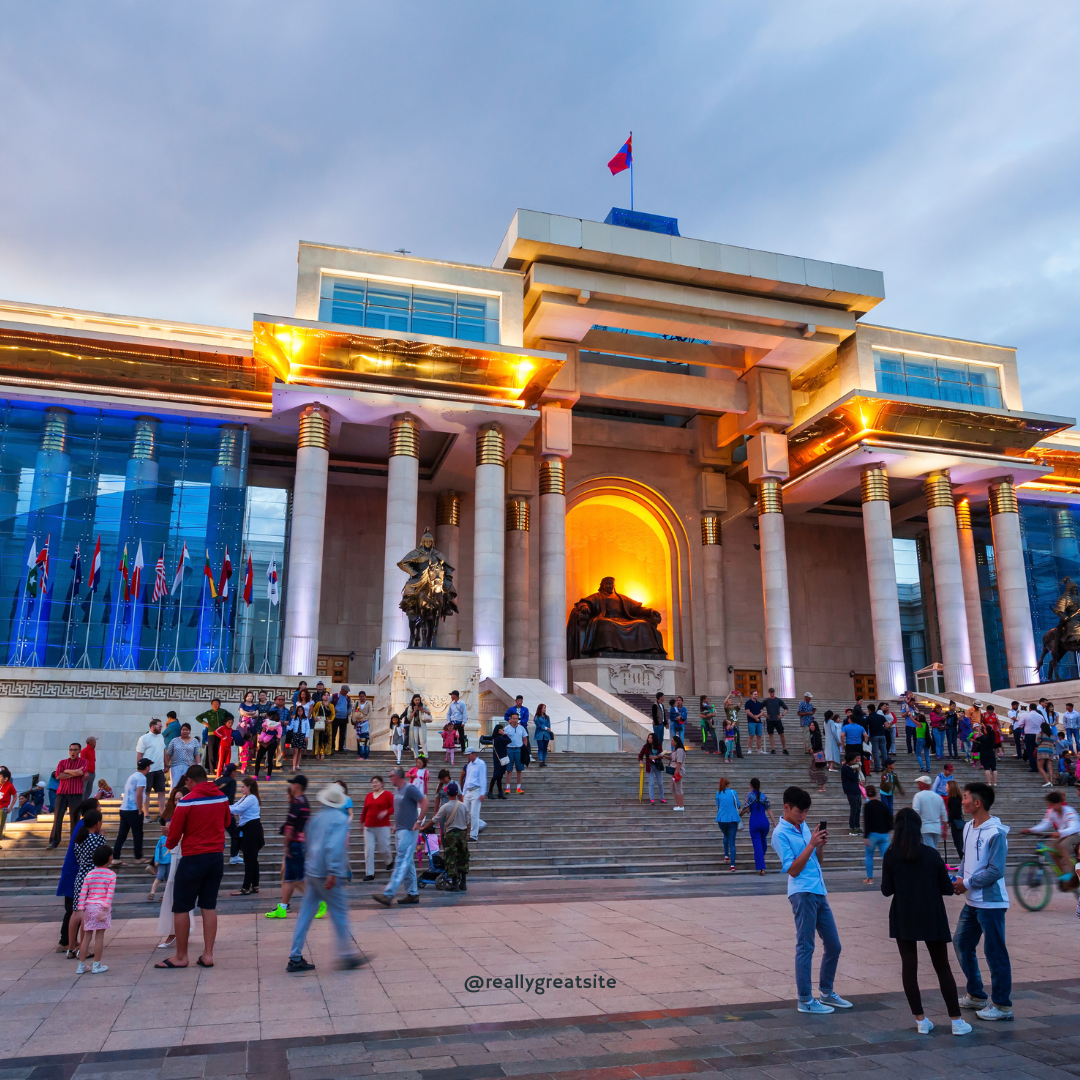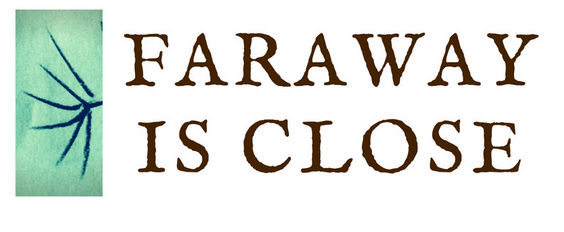Why this story, why now?

A Frenchman I once met in a café in UB, the Mongolian capital city, asked why I had chosen to come there, and what for.
He was a lean fellow in black-rimmed glasses, leaning forward on a stool, turning his head this way and that as people came in and out of the café, like a curious bird peering around into a very curious world, attuned to it all. For a while now, he had been looking over and when I glanced up again, there he was, in my line of sight, across from me, saying hello.
So we got to talking: he was visiting Mongolia for the first time, he had just returned from being in the countryside where he had – as he said – ditched his high-end tourist vehicle to travel Mongolian-style on a "fergone" a Russian-made van which had led to unplanned adventures that were exhilarating. He had been amazed at how the van waited to leave for almost two hours for a yound Mongolian woman that had an important errand to run and that when she finally arrived, no one shouted or yelled at her. "There is waiting," he said, "but that intense waiting and the response to it was like nothing else I'd experienced. Also," he said, "when we got to one small village in the evening, there were people playing volleyball in the main square and I joined in. Who knew there was volleyball in Mongolia?" He laughed.
Many people are amazed at what happens when they travel in Mongolia - they are taken aback by the hospitality, the rawness, and the sheer generosity of the people and the landscape that really do reward you for coming so far to meet them. This had certainly been my experience during the year I spent living in both the city and the countryside with nomadic herders.
When I got around to answering the Frenchman's question, I did so a bit reluctantly not because I didn't want to share information but because over the past year, I had been asked this question many times, had answered many times and so it felt like a rote response. I talked of my loving big dramatic landscapes, that I wanted the everyday experience of these landscapes and the people who lived on it, and that ever since I was a child in India, I had been intrigued by stories of the Mongols – whom our Mughals were related to – and there were lessons in school of Genghis Khan etc etc.
But, I added, it was hard to conceive that there once was a time when Mongolia was unknown and exotic to me because it was no longer so. And also, I said searching for the words, "I don't want to over-romanticize this because the thing is, I've wanted to go to many places and I have gone many places and every time, I do go, I have these reasons that may feel like these destinations are destiny…"
"….but really, they are just reasons." He was nodding. "Yes, yes, I understand completely. I think we have to invest the places we want to go with meaning because otherwise there are too many places to go and no way to discriminate between them all; because otherwise, it becomes too hard to choose and you need to be able to choose "why this place, why now" as opposed to "why that place."
Now I don't mean to say that we travel for superficial reasons or that we make them up on the spot to justify a desire to go away. Of course, we are all creative and every experience—while traveling though life or other places–is recast into a narrative of our own making that we adapt and change as we need, as we choose.
Rather, I am asking this question because I am wrangling with how to speak of these travels, how to describe them honestly, without getting lost in romanticism of a kind I call "a premeditated travel mentality," where you travel with a particular narrative already in mind so that you are, in effect, documenting before you experience, so you already have a story that only requires a journey to complete and fill in the blanks, secret of life goes here, moment of nirvana goes there. All the stories have been told, as I once read, everything is in the telling.
I remember a guide I met in Hawaii many years ago who told remarkable stories. She led us through rainforests, volcanoes, mountains, deserts accompanied by many legends of the landscapes and the goddess Pele. She spoke crisply, her stories were terse, pointed, relayed in a matter-of-fact tone. She said that many elders questioned why she was sharing these stores with foreigners and that they should be protected, and hidden. "No,"she argued, "I am speaking these stories so that they can live longer lives, and because, I have reason and need."
Meanwhile, the Frenchman had moved on to talking about Mongolian wrestling which he had also glimpsed in the main square of that little village. He got up and preened as Mongolian wrestlers do, extending their arms, flapping them eagle-like, before the start of a bout, and then squatting and slapping his thighs. Two girls at another table began to giggle. I started laughing and so did the Frenchman and I thought, hell, the writing of the tale ought to be like the journeying, starting someplace - because you must start someplace, - and going off the beaten path, and ending up in unexpected places like volleyball-playing Mongolian villages and Frenchman who wrestle in cafes. The point is – I thought – keep it simple, keep it honest, follow your curiosity and see what happens. Ok? Ok.

